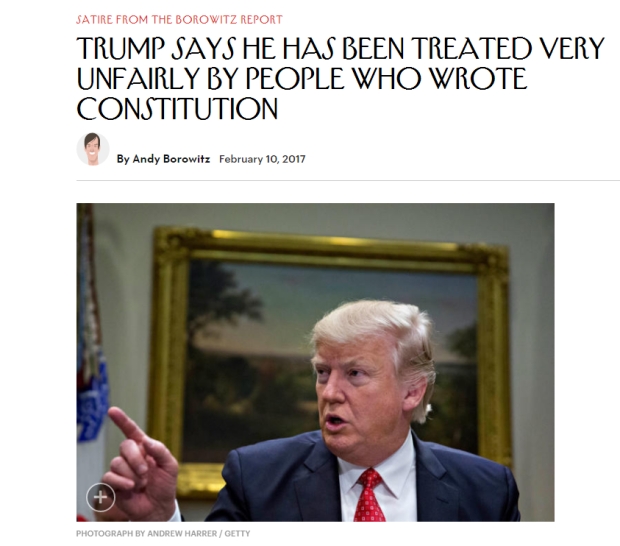Social media platforms argue that the risk of harm no longer outweighs the benefits of political dialogue, and this has drawn concerns from lawmakers and consumer advocacy leaders.
YouTube last week confirmed that it will reverse its election integrity policy to leave up content that says fraud, errors, or glitches occurred in the 2020 presidential election. YouTube established the policy in December 2020, after enough states had certified the 2020 election results.
The company said in a statement that leaving the policy in place may have the effect of "curtailing political speech without meaningfully reducing the risk of violence or other real-world harm."
Meta on Monday reinstated the Instagram account of Robert Kennedy Jr., who was removed from the platform in 2021 for posting "misinformation" about COVID. Meta's spokesperson said it reinstated the account because "he is now an active candidate for president of the United States."
Kennedy Jr., the nephew of former president John F. Kennedy and a prominent anti-vaxxer, announced his bid to take on President Biden in the 2024 Democratic primary but said he complained that he could not register any Instagram accounts.
Lying and making stuff up is a feature of US politics. Broadcast channels, for example, can't censor or deny political ads for including falsehoods.
Meta has long supported that idea and regulates speech from political figures and world leaders differently than everyday accounts. YouTube is headed in a similar direction.
Meanwhile, Big Tech has been facing layoffs and cost-cutting measures at Big Tech firms have impacted the trust and safety staff on most significant platforms leading up to the 2024 election.
The company said it would no longer enforce its COVID misinformation policy last November. It restored the accounts of prominent election deniers in January and rolled back its policies against misgendering people in April.
Twitter said earlier this year it plans to resume taking some political ads, after mostly blocking them beginning in 2019. Spotify brought back most political ads after a two-year ban last year.
Disney said Hulu will accept political issue ads and candidate ads, bringing Hulu's ad policies in line with those of Disney's cable networks.




